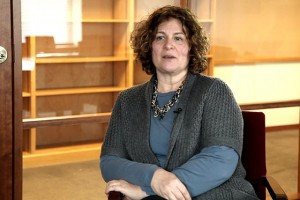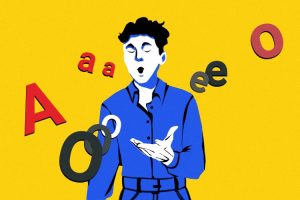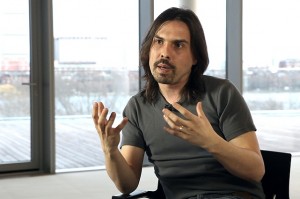Cognitive Advantages of Bilingualism
Harvard Prof. Maria Polinsky on introducing two languages, the importance of literacy and advantages of biling...
What problems can people face when becoming bilingual? What happens to those two languages they speak? Professor of Linguistics at Harvard University Maria Polinsky explains the phenomenon of heritage languages.
Heritage language is the phenomenon of recessive bilingualism when one of the 2 languages becomes much weaker. What makes these languages special is that the heritage language is the language which is acquired first, started at birth. The dominant language is the one that comes second or even third, and kicks out the previous languages. The reason those languages are interesting is that they allow us to see what’s vulnerable and what’s strong in human language in general. The field’s been around for 15 years, but as we’ve been looking at more and more instantiations of heritage language, been noticing that regardless of what the dominant language is, and regardless what the heritage language is, there are a lot of recurrent tendencies which indicate that there is this kind of general architecture that human languages are organized by, and this architecture underlies the process of language learning.
There is a particular sequence of events which we will go through as we will learn our first language. And by looking at heritage languages we can trace back the same sequence by turning it backwards, so in a way, heritage languages will give us the replay of acquisition. The «First In Last Out» is certainly just a hypothesis, and it’s important not only to take it for granted, but to test, and that’s what we’ve been doing a lot with heritage languages. If you look at heritage speakers, let’s say, in the United States, where there are a lot of emigrants and there are a lot of heritage languages, we find that there’s tremendous variation across those speakers.
We’ve been talking about different properties of these languages, like I said, this is a new field. There’ve been two main directions: one is collecting empirical data on these languages, and the other is identifying general theoretical questions. The second component has led to this development, that I mentioned – looking at fossilization of child language interference from the dominant language and universal properties. The next steps have to do with more experimental work on these languages, because we now have a fairly good idea as to what exactly can go wrong.

Harvard Prof. Maria Polinsky on introducing two languages, the importance of literacy and advantages of biling...

Andrej Malchukov on morphological and syntactic case, the relationship between case and word order, and hierar...

Media scientist Cesar Hidalgo on multilingualism, hierarchy of the language networks, and cross-lingual resear...